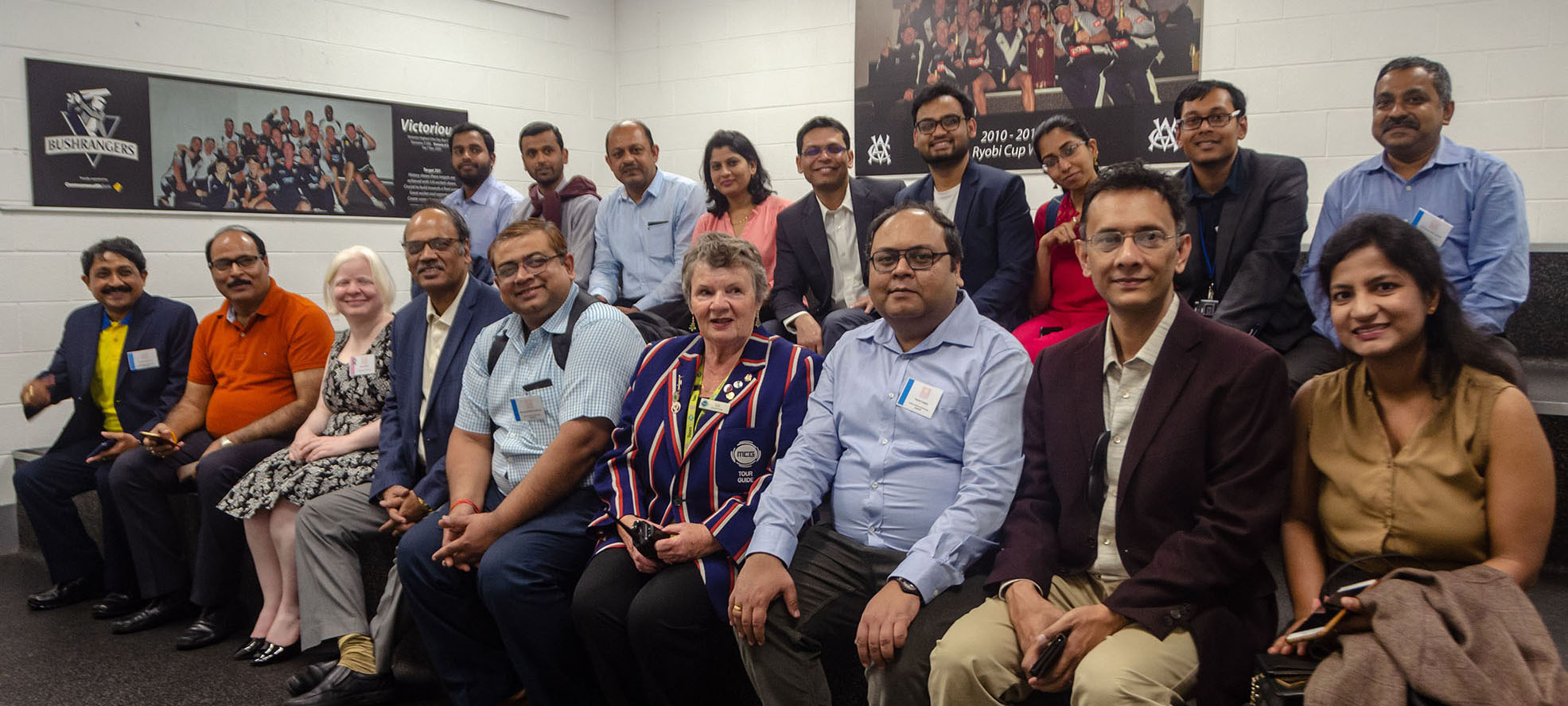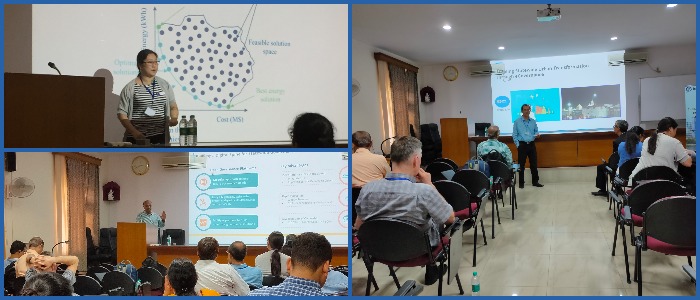
Scholarships for Doctoral Students from Australia
India Today Outlook UNI NDTV Live Mint Republic World Daily Hunt In a significant boost to its ongoing academic exchange programs with Australian institutions, IIT Kharagpur has instituted competitive high-value scholarships for students from the University of Melbourne, Australia enrolled under the Dual Doctoral Program jointly conducted by the two institutions. Prof. Sriman Kumar Bhattacharyya, the Director (Officiating) of IIT Kharagpur made the announcement at the launch of the Melbourne India Partnership Program and Academy Conference at Melbourne on…

